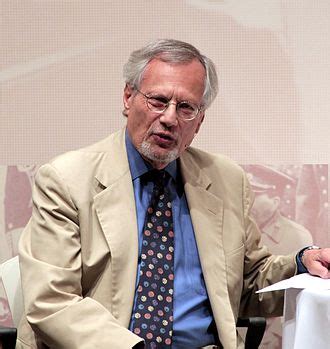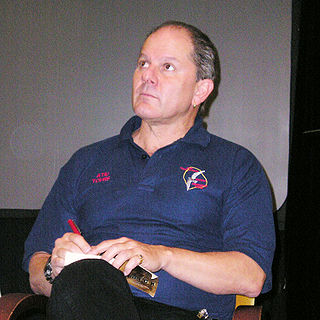A Quote by Andrew Rosenthal
The columnists have a very personal relationship with their readers, and the readers deserve to hear directly from the columnists.
Quote Topics
Related Quotes
Chats are so new to newspapers, historically. But they're so incredibly valuable because editors/reporters/columnists get to find out what's on the minds of our readers, what you think we should be writing about, what ticks you off, what makes you happy. Sometimes it can confirm what you think readers are interested in; sometimes it can turn you around 180 degrees.
As the 2012 elections approach the finish line, the chatter among columnists and political reporters is about upcoming books that take readers inside the campaigns, cutting-edge efforts to micro-target voters on Internet social applications, the enormous money flowing through super-PACs, and extreme political polarization.
I seem to have three categories of readers. The first is nonbelievers who are glad that I am reading the Bible so they don't have to bother. The second group, which is quite large, is very Biblically literate Jews. And the third, which is also very large, is Christians, most of them evangelical. The evangelical readers and the Jewish readers have generally been very encouraging, because they appreciate someone taking the book they love so seriously, and actually reading it and grappling with it.

































